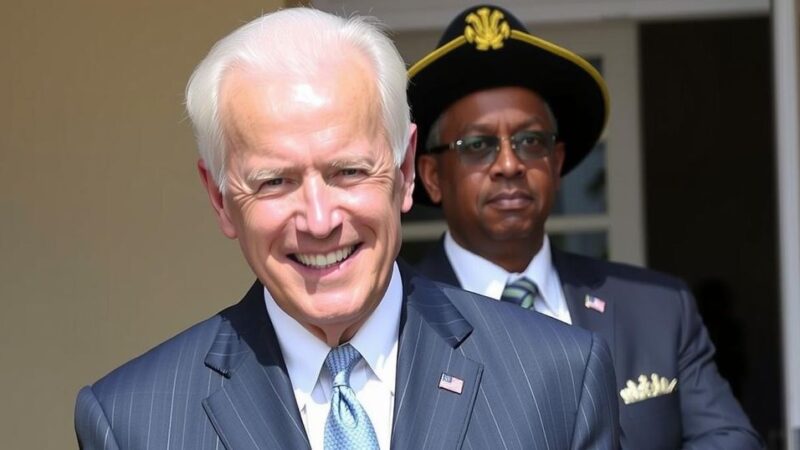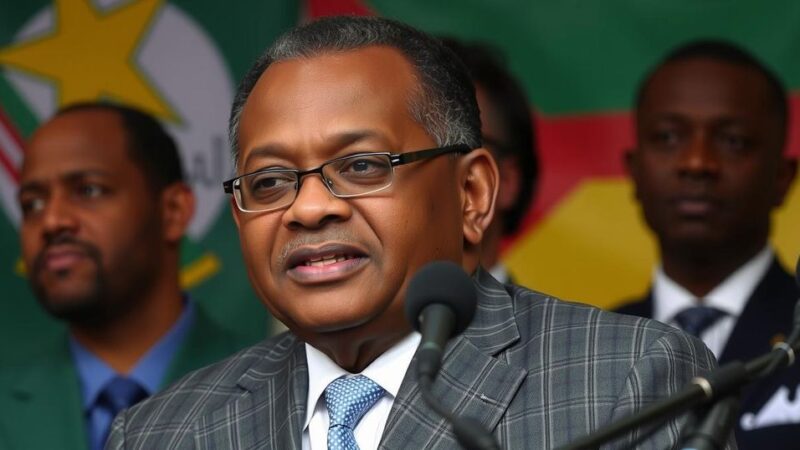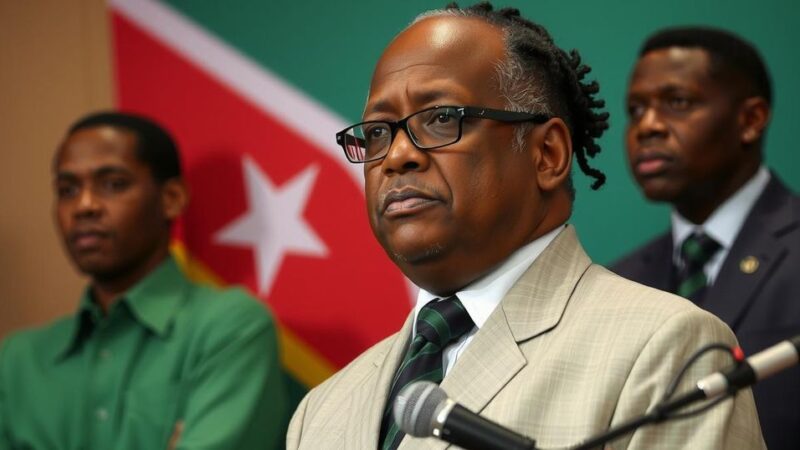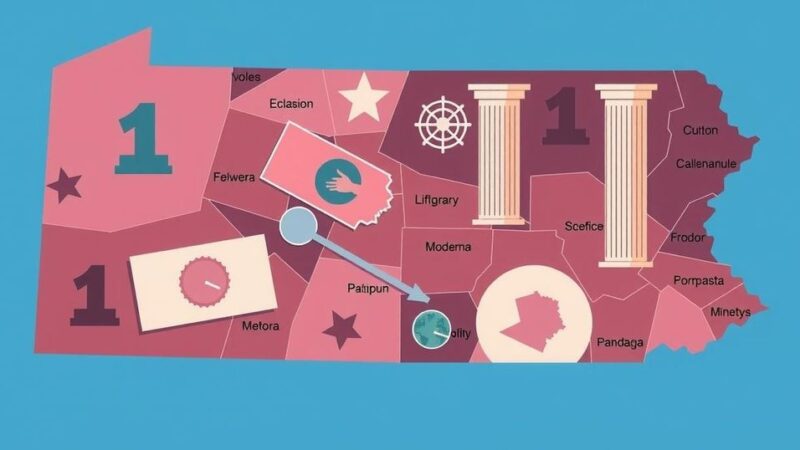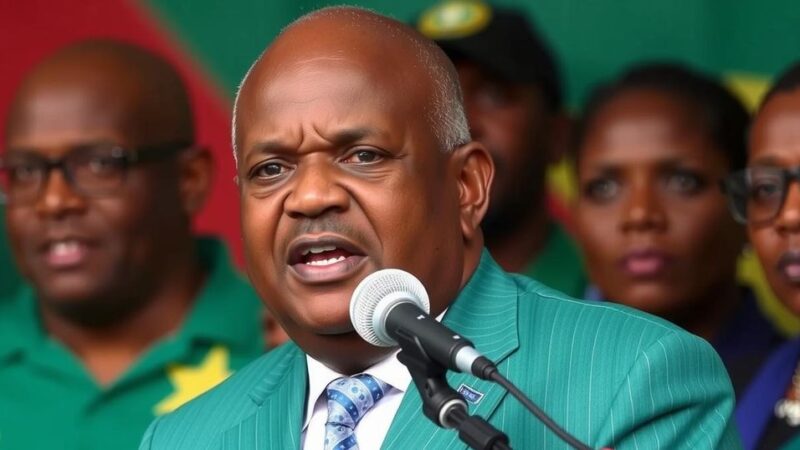In Ghana, the issue of illegal mining, or “galamsey,” significantly influences the upcoming presidential election. Workers endure hazardous conditions for low wages, while environmental degradation escalates, threatening water supplies and agricultural land. With a lack of government support for responsible mining, many citizens express frustration as they face crackdowns without opportunities, leading to growing public unrest over unfulfilled political promises.
In Ghana, illegal mining, locally termed “galamsey,” has become a significant issue in the lead-up to the presidential election, scheduled for Saturday. Miners like Frank, a pseudonym for a worker near Accra, reveal the depths of poverty and desperation driving individuals to risk their lives in hazardous conditions for meager income. Despite understanding the detrimental environmental impact of their work, many feel trapped by a lack of job alternatives in a nation rich in natural resources, including gold and cocoa.
With Vice President Mahamudu Bawumia of the ruling New Patriotic Party (NPP) facing off against former President John Mahama of the National Democratic Congress (NDC), the impact of illegal mining on the country’s ecosystems and communities has intensified political discourse. Regions once abundant with cocoa production have suffered substantial losses as illegal mining operations degrade the land. Moreover, water supplies are threatened by toxic runoff, raising concerns among citizens over the safety of their drinking water.
Miners report earning up to $180 weekly, a figure which rivals official salaries for many professions, yet they face government crackdowns on their activities. Individuals like Frank express frustration over a lack of support from the government for regulated mining practices. Furthermore, the promises made by the NPP in 2017 to combat galamsey have largely gone unfulfilled, leading to increasing demonstrations and public outcry among Ghana’s youth.
The effects of galamsey are visible across approximately 4,700 hectares of farmland, adversely affecting local communities and contributing significantly to illegal gold production. Despite attempts by the government, including the deployment of naval vessels to protect water resources, enforcement of laws against illegal mining has been inadequate and criticized for inconsistency.
Younger voters perceive the illegal mining crisis as indicative of broader governmental failures prioritizing immediate profits over long-term environmental sustainability. With the upcoming elections, both miners and environmental advocates emphasize the need for comprehensive policies engaging all stakeholders to address the galamsey issue effectively.
The phenomenon of illegal mining in Ghana, commonly referred to as “galamsey,” has escalated into a pressing national concern. As one of the world’s leading gold producers, Ghana’s economy faces significant challenges balancing resource extraction with environmental preservation. The practice has serious ecological repercussions, including deforestation, water contamination, and the destruction of farmland. Additionally, the dire socioeconomic conditions have propelled many into illegal mining as a viable means of survival, raising critical questions about governance and policy effectiveness ahead of the country’s presidential election.
As Ghana approaches its presidential election, the issue of illegal mining remains a complex and multi-faceted problem. The desire for economic stability among miners juxtaposes the urgent need for environmental protection and sustainable resource management. With political candidates under scrutiny, voters, especially the youth, are calling for realistic strategies to address galamsey and its destructive consequences. Ultimately, the election may serve as a pivotal moment for reshaping policies that align economic growth with ecological integrity.
Original Source: www.france24.com


